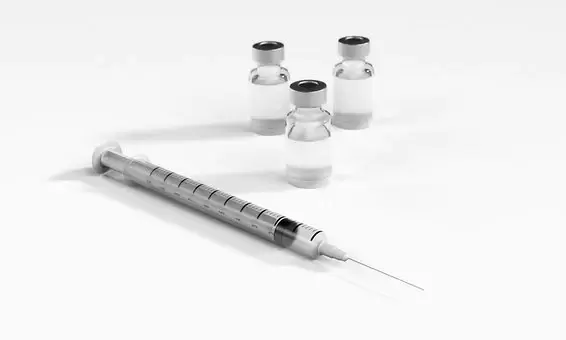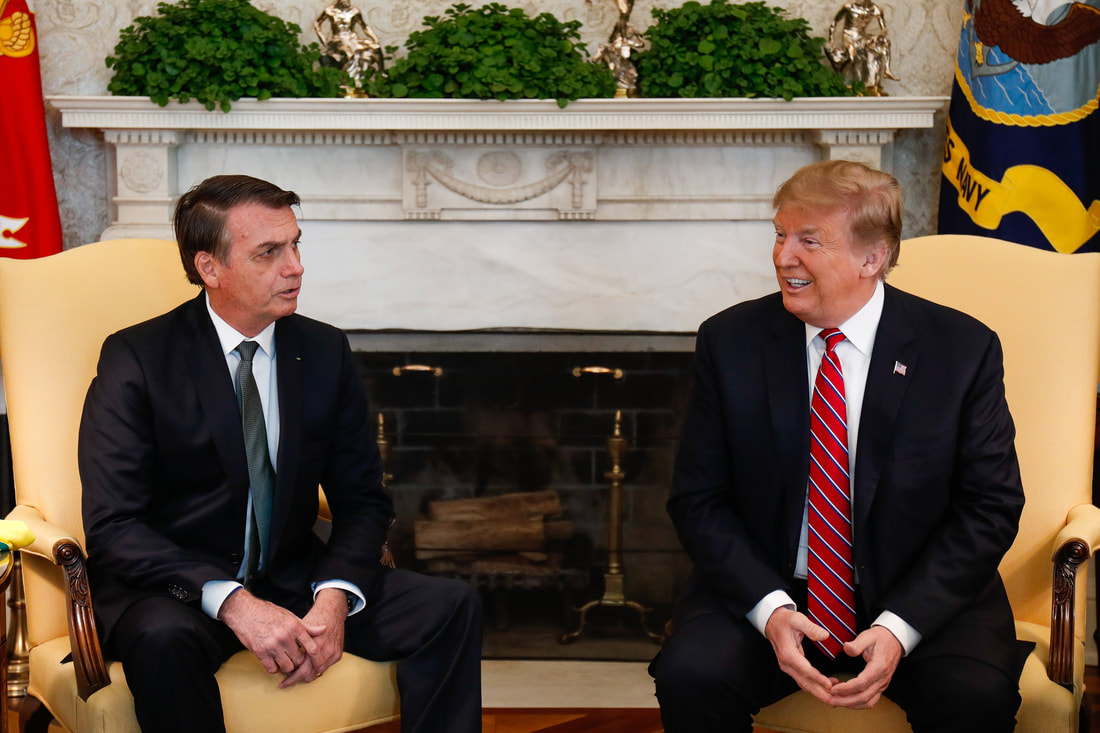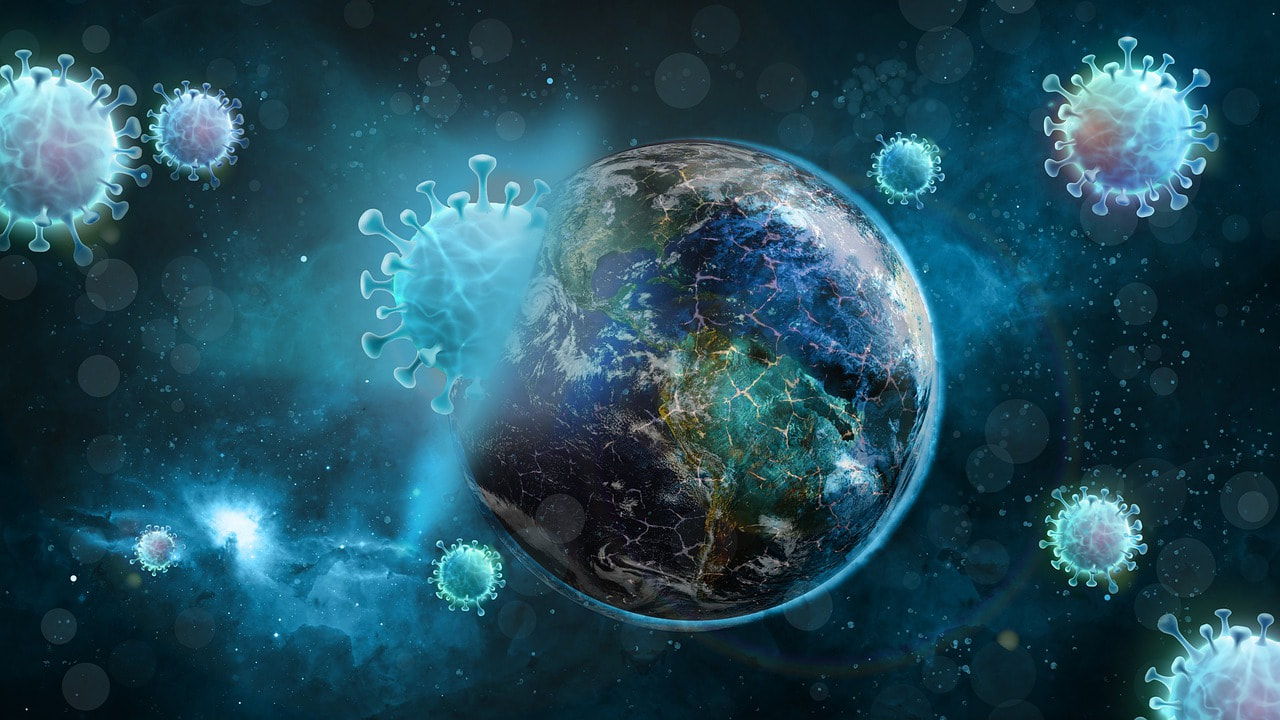|
By: N. Elmor Russia has become the first nation to approve a Covid-19 vaccine. Nonetheless, this news has been accompanied by many concerns over the effectiveness and safety of the vaccine.
The announcement was made by Vladimir Putin, the Russian president, on national television. Putin said: “I know that it works quite effectively, forms strong immunity, and I repeat, it has passed all the needed checks.” The vaccine is being referred to as “Sputnik V”- a reference to the first satellite launched into orbit by the USSR during the cold war space race. Russian health authorities have approved the vaccine. However, concerns originate from the fact that somehow it was proved to be safe before phase III clinical trials even started (these are the necessary trials to verify that the vaccine truly works and that it is safe for use). Robin Shattock who is working on a vaccine for Covid-19 at Imperial College London said that “Russia has granted a license based on phase I data: this would not be done anywhere else in the world”. However, the chief of the Russian Direct Investment Fund (RDIF), Kirill Dmitriev, claimed that phase III trials have been going on during August. The vaccine is being developed by the Gamaleya Research Institute of Epidemiology and Microbiology, in Russia’s capital, Moscow. The head of the Institute, Alexander Gintsburg, affirmed that the vaccine is based on a well-researched scientific platform which “has been in development for 25 years” and it was used “at the end of 2014 […] to create drugs to fight the most rapidly changing viruses”. Gintsburg also said that this platform was used to develop vaccines against many other diseases, including Ebola and it was “highly assessed by the WHO [World Health Organization].” The Russian Healthcare Minister Mikhail Murashko said in an interview in July that the vaccine has proven its effectiveness and its “safety is confirmed”. Murashko also told media that mass vaccination is set to begin in October. Initial batches will be designated for doctors and that the vaccine production will also be domestic-orientated to cover internal demands. However, the RDIF is already in the midst of negotiations for the production of the vaccine abroad. Russia has a good track record for vaccine development, and if this vaccine proves to be effective, it could provide Russia with many advantages. Not only could it generate immense revenues for Russia but also boost its global image and allow its economy to recover faster than that of other nations. Nevertheless, if the vaccine does not live up to claims and the expectations it has established, Russia’s image, credibility, and vaccine track record could be badly damaged. Claims by the UK, the US, and Canada have also been made accusing Russia of attempting to steal vaccine research, but Russian officials have denied these claims. By: C. Oldfield Brazil charges high import tariffs on imported goods, one such good being ethanol. Recently U.S President Trump has threatened Brazil with commercial repercussions if they do not lower the tax on American Ethanol. Trump has stated that he will not continue to allow these high tariffs, while governmental officers in Brazil work hard to find out a compromise that works in both country’s favor.
The current US stance on commerce seems to be surrounded around reciprocal deals, where the US refuses to be taken advantage of due to its larger size and giant economy. The US government is going through its trade agreement and revising those that do not favor the US, and the next one found has been the Brazilian tariffs on American Ethanol. So, what is the solution? So far, the compromise seems to be that, Brazil will lower the tariffs on American Ethanol, and in exchange, the US will lower tariffs on Brazilian Sugar Cane, which allows Brazil's sugar cane to be competitive in the US markets. What will the effect of this agreement be? This agreement seems to boost the American Ethanol market while also, temporarily destabilizing the Brazilian pricing. It will likely mean that the price of Ethanol in Brazil, in general, in lowered. And on the other hand, the reduction in the Sugar Cane quota, means that one of Brazil's major sources of income will be boosted greatly. By: S. Costa Franco A global pandemic: something all of us are currently facing. We are constantly trying to discover ways to put an end to the spreading of this virus, but when can we be able to finally say that it has all really ended? When can we view the pandemic as a closed chapter, and begin to open the next one? How will we know when it is time to move on? When does it all end?
For this pandemic to be officially declared over by the WHO (World Health Organization), the rates of the transmission of the illness have to drop a very significant amount, and the overall infection is contained to a certain extent around the entire world. The exact time at which that happens will depend on the government across the globe, and how they choose to act. In the event of a pandemic, governments usually have three main strategies to put in place. These are:
Unless the virus is completely eradicated (which is not very probable to occur), the rate of infection could rise to pandemic levels once more. Therefore, the option of racing through it, although it is speedy, could not function at all if this takes place, besides the fact that it would cause a global catastrophe. So, which option is the best? Crushing the virus by synchronizing the responses and actions of governments will also allow the situation to be dealt with quickly, but it requires total global coordination, which is nearly impossible and can prove to be not so effective if the infection remains and the pandemic reappears, much like in the first option. Hence, the option to delay the spreading of the illness and work steadily to create a vaccine, assisted of course by global coordination, is in many ways the most logical and secure choice. Even if the infection is successfully contained before a vaccine is created, the chances of it return once more and still present, and a vaccine can continue to protect those affected. You might be thinking however, that time is of the essence, so although delaying and vaccinating is the safest option, it may still have its dangers. How rapidly can a vaccine even be made? This too is a valid question. The process of developing a vaccine when an illness emerges is usually composed of three main phases. First, there is the research, in which scientists explore different alternatives and use several methods to find a vaccine design that is the safest and is replicable. Then, these options are taken into clinical testing. Here, the vaccines are put through an evaluation, so that the safety, efficiency, and side effects can be discovered, using a myriad of different people. Lastly, there is the manufacturing process, where the vaccines can be produced, and are later distributed to be used by the public. All of these steps can usually take about 15 to 20 years, but of course, in light of a pandemic, scientists must employ several different techniques, to work through each phase as quickly as possible. Research is the most flexible of all steps. There are many vaccine designs that are existent today, and each provides us with advantages and disadvantages. Finding the most effective one is very time consuming, so many different labs explore a range of different models simultaneously. This method allowed for the first testable coronavirus vaccine to be produced in only 42 days. This does not necessarily mean that it will be successful, only that it can now move on to testing, as it has been deemed safe and replicable. Clinical testing is certainly the step that is the most challenging to speed up and is divided into three stages, which each test the safety, efficiency and side effects of the vaccine, as well as how the immune system responds to it and the correct dosages that must be given. In certain cases, scientists perform multiple tests at once to speed up the process. Since this is a new pathogen, it is also very difficult to use previous research and vaccine designs to fabricate this one. After this step has been completed, different regulatory authorities much review the vaccine and approve it, so that it can be manufactured. Manufacturing a vaccine is quite a complex process, as each vaccine is composed of unique chemical and biological components. A specified pipeline is needed to produce that vaccine, and so preparations for the manufacturing must be made along with the research stage. For this to function and for these vaccines to be able to be developed as quickly and safely as possible, labs and manufactures must be coordinating and working together to ensure they have the resources to carry this out. Although the situation may seem dire and confusing at the moment, it is important to always keep in mind that this pandemic will end. Russia already claims to have developed and gained approval for a COVID-19 vaccine, and there is a global collaboration with WHO at the center to continue researching, testing, and working towards creating other alternatives at an unprecedented speed. Acting logically and collaboration will get us through, and although the pandemic will be done away with, all that we have learned from living through it will remain with us. As a response to this, we have seen scientific breakthroughs and the creation of systems that will allow us to be more prepared for what is to come. In addition, this pandemic has in a way brought us closer together, and hopefully, we will be able to use this knowledge and the importance of community and collaboration to build a better tomorrow for us individually, and for the pandemic as a whole. |
Categories
All
Archives
June 2024
|



